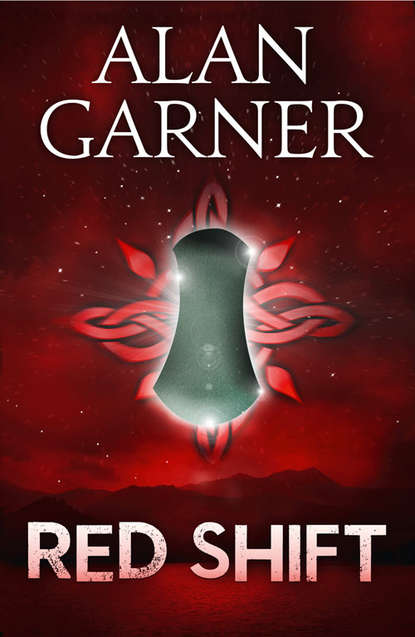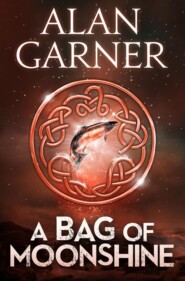По всем вопросам обращайтесь на: info@litportal.ru
(©) 2003-2025.
✖
Red Shift
Настройки чтения
Размер шрифта
Высота строк
Поля
“What did she?”
A silent boy poured cornflakes silently into a bowl of light, and smiled.
“When?” said Tom’s father. “When did you?”
“When did we what? Look, sergeant-major, I’ve a pile of work to get through tonight—”
“When did you have occasion—”
“—to make you ashamed of us? Last Saturday.”
“What?”
“We went by bus to Sandbach without paying.”
“What’s eating them?” Jan said to Tom in Russian.
Tom stood up. He was shaking. There were no cans. He spoke clearly.
“My parents are trying to articulate – or, more accurately, my prurient mother is forcing my weak father to discover on her behalf, where, when, and preferably how, we, that is, you and I, have expressed ourselves through sexual intercourse, one with the other. Am I not right? Daddy?”
His father grasped the side seams of his trousers, rocked as if he would fall.
“What did I tell you?”
“Yes, what did she tell you?”
His father steadied himself. “We’ve had complaints.”
“Complaints?”
“Reports.”
“Reports?”
“Yes.”
“From whom?”
“Neighbours.”
“May we know their names?”
“Never mind who,” said his mother. “We’ve heard and seen. You two: always walking wrapped round each other: kissing and that.”
“Kissing and what?”
“And – that.”
Cans
“And the time you spend in that house alone. Do her parents know?”
“Of course,” said Jan.
“Then they ought to know better.”
“Than what?”
“Than to let you get up to things in their own home.”
“It’s the only,” screamed Tom, “place I could ever work without your clattering: drivelling: the weather! The only – keep books clean! Jan first ever,” his eyes were shut, “see anything. anything in me. worth. anything.” He rammed the backs of his fists into his face, dragging his eyes open.
“I do not propose to discuss our relationship, or matters appertaining to it, beyond that statement. I will be private, sergeant-major. I will be private sergeant-major—” He meant to laugh, but the trembling reached his throat. He stood, his father’s size, broken.
“You great wet Nelly,” said his father. “You’re as much use as a chocolate teapot.”
“Is Tom right?” said Jan. “Is that why you’ve done it?”
“What can’t speak can’t lie,” said his mother. “I can read that one like a book.”
“You cow. You think we’ve been having it off together, don’t you?”
“I’ve told you to watch your filthy tongue, young woman.”
“You’re afraid,” said Jan. “Afraid we’re doing what you did when you had the chance. And what if we have? Who are you to preach? I bet you’ve flattened some grass in your time.”
Tom ran from the room.
“That’s no way to speak.”
“Sorry, sergeant-major. Will you excuse me? I must see how Tom is after your achievement.”
“I knew what you were the moment I set eyes on you,” said Tom’s mother. “I felt a shiver right down my spine. And our boy. See what you’ve done to him. Standing there, crying his heart out. Couldn’t look his own mother in the face. Couldn’t deny it: not even his fancy words could get round that one.”
“Oh, piss off, you,” said Jan, and slammed the door.
She found Tom leaning across the sink, his head on his arms against the window glass. The sobbing came from his stomach, shook the caravan. His sleeve had dragged a clean line through the condensation, and his giant shadow was on the wood outside, like a hole in space among the white birches.
Jan put her arms round him, stroked, kissed, “It’s all right, it’s all right,” but the spasms of his weeping shook her, would not be subdued.
“How dare they—?”
“Hush, love, it’s all right.” Both taps of the sink had been twisted out of shape, but Tom’s hands were not marked. “It’s all right; I’m here.”
“How dare they try – how dare they – how dare they try to—?” He pressed his open palms against the window gently, relentlessly, so that it broke without shattering, and the glass collapsed only when he moved his hands.
“Tom!”











